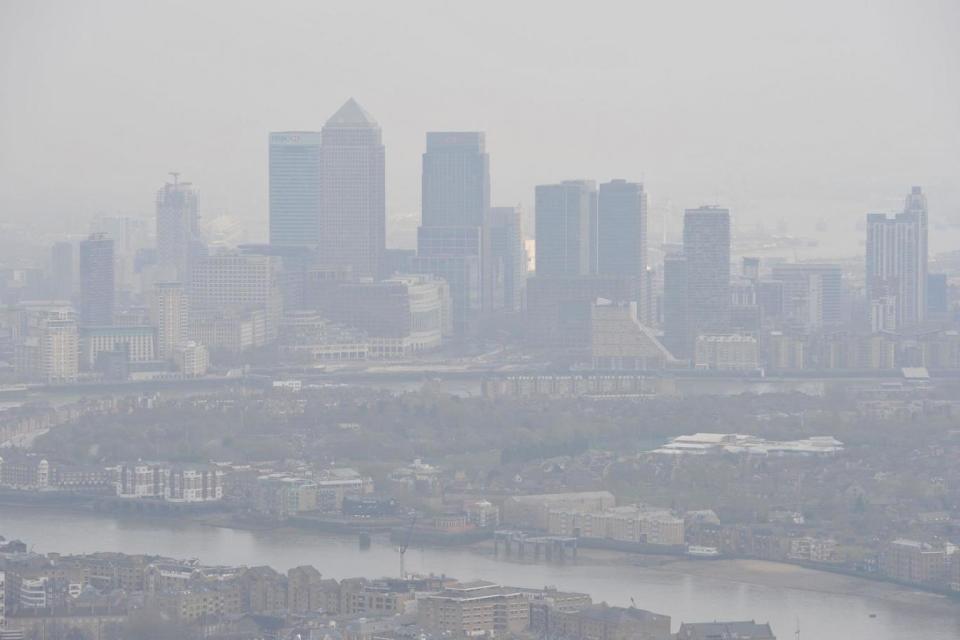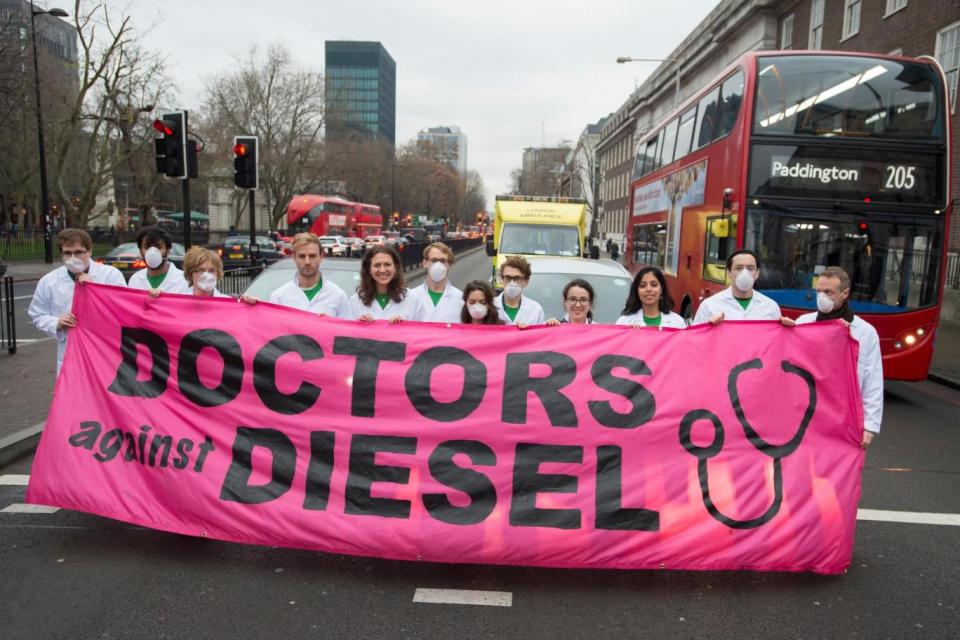Renault and Jeep diesel cars are 'biggest culprits for toxic fumes', Which? car tests show

Diesel cars made by Renault and Jeep are the biggest culprits emitting the most toxic fumes into Britain’s air, according to a study by Which?
Cars from leading manufacturers around the world were tested by the consumer group for their levels of deadly nitrogen oxide emissions.
The results showed huge variations across the industry with Which? warning that car makers have “a long way to go” in reducing toxic gases from their models.
Thousands of people in London die every year as a result of particulate pollution which is caused largely by diesel engines, leading Mayor Sadiq Khan to introduce a new T-charge from October.
Earlier this year pollution in the capital hit the highest “black alert" with calls to keep children inside buildings to avoid the health risks of breathing toxic air.
Which? analysed 278 diesel cars from car manufacturers around the world over four years between 2012 and 2016.
The consumer group tested the cars’ average nitrogen oxide emissions alongside official Euro 5 and Euro 6 limits, directives from the European Union which define how much gas exhausts can emit.
The results showed Nissan’s emission levels were average while the 33 BMW and BMW-owned Mini cars in the experiment had some of the lowest emissions for diesel vehicles.
But Jeep produced some of the highest emissions, with the two cars which were tested emitting on average nine and a half times the Euro 5 limit.
All 16 Renault cars which were tested had nitrogen oxide emissions four times higher for Euro 5 and nine times above Euro 6 limits.

But the watchdog found that despite the alarmingly high emission rates among some manufacturers, modern diesel cars are overall "cleaner than ever".
Which? magazine editor Richard Headland said: "While our tests show that some car manufacturers are making progress on reducing the amount of toxic emissions from their models, many have a long way to go in cleaning up their act.
"We hope that the improved official tests being brought in later this year will more clearly name and shame those manufacturers that are failing to meet their obligation to lower emissions."
The official Euro 5 limit is set at 0.18g/km and 0.08g/km for Euro 6.

Which? is still continuing to test VW Group cars, which include VW, Audi, Seat and Skoda, but the ones they have tested already had “some of the lowest measured NOx averages”.
A Renault spokeswoman said all Renault and Dacia vehicles conform to the current standards, adding: "Groupe Renault (the brands Renault and Dacia) has been aware that there remains significant potential for improvement regarding the release of nitrogen oxides (NOx) in real use conditions.
"Since mid-2015, Groupe Renault has committed to improve the performance of its anti-pollution systems with the objective of reducing the gap between real driving emissions and standards based emissions.
"As a result, Groupe Renault has defined a range of actions that have been applied gradually in the production of Diesel Euro 6b vehicles since July 2016."

"Furthermore, customers who have already taken delivery of a Diesel Euro 6b vehicle will soon be able to benefit from these actions, free of charge, by booking a service with a Groupe Renault dealer. A letter detailing this is in the process of being sent to these customers."
Nissan said in a statement: “We are committed to upholding the law and meeting regulations in every market where we operate.
“Specifically in Europe, all our vehicles sold in Europe meet the Euro 5/6 emission standards. This report, which looks at the variation between lab and ‘real world’ conditions, shows significant variances for most brands tested.”
Jeep was contacted for comment.

 Yahoo News
Yahoo News 
